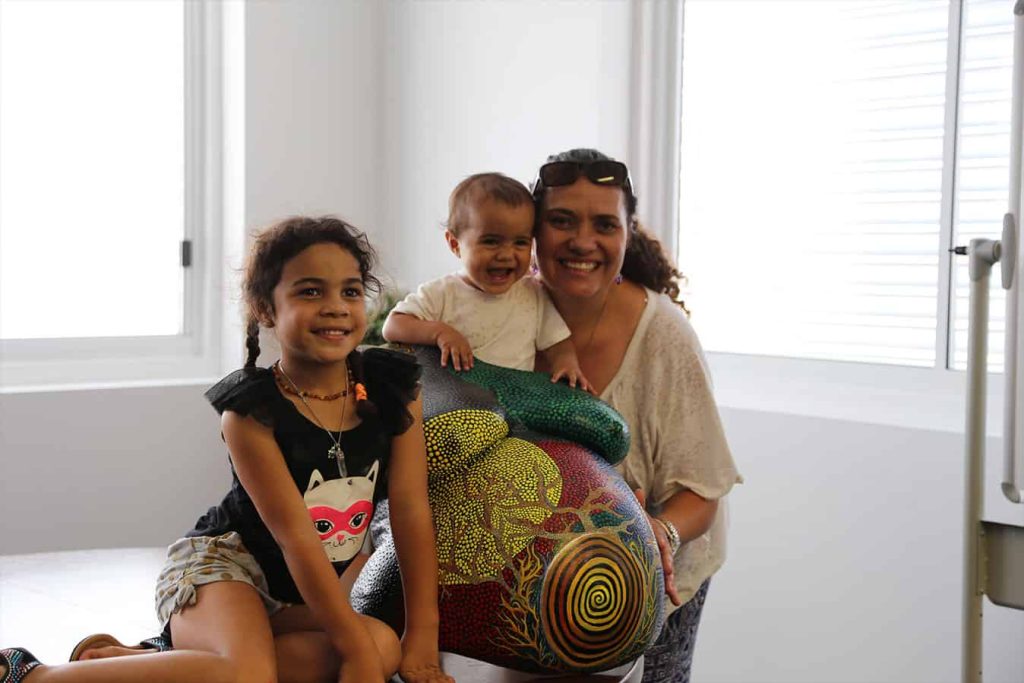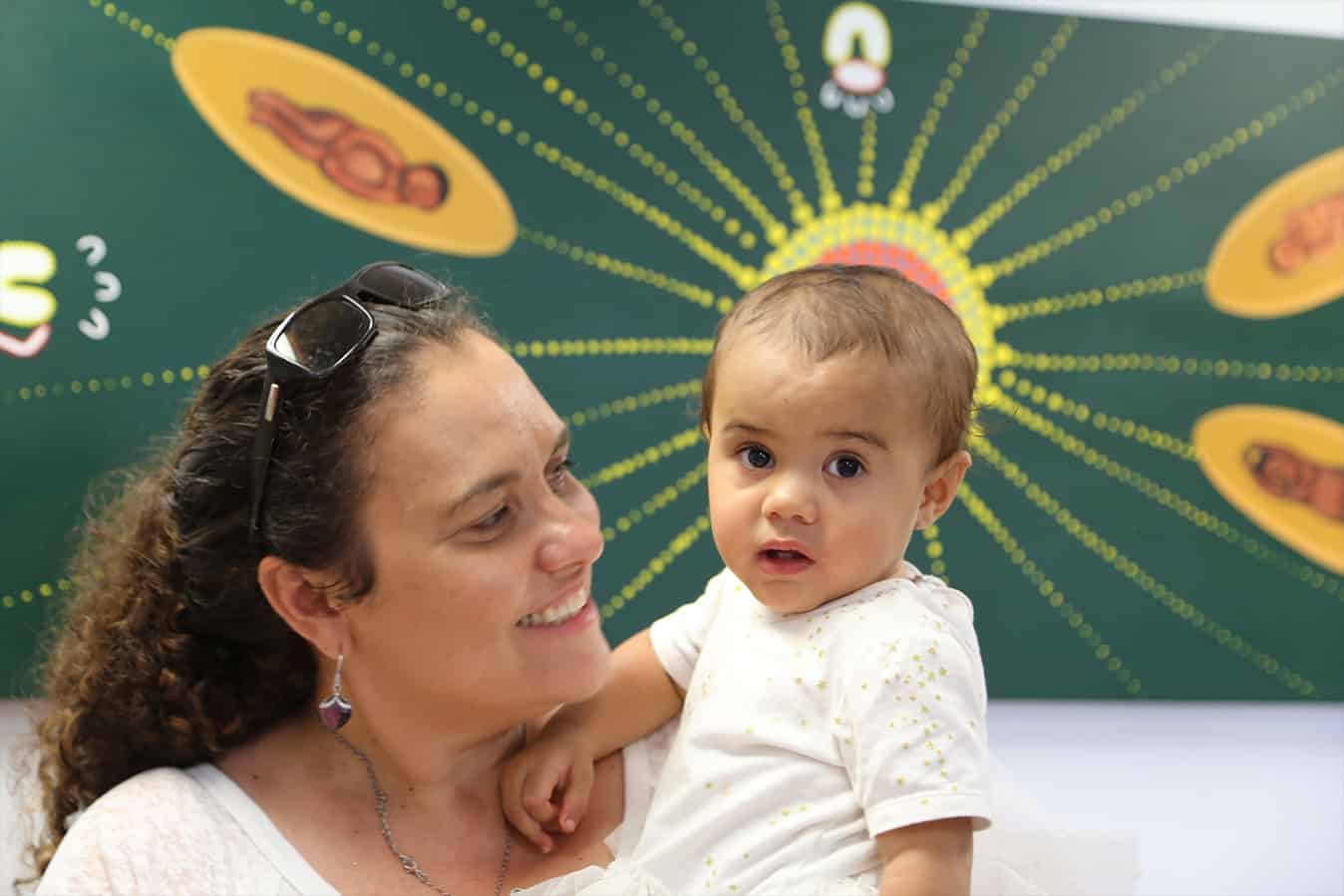Midwifery researchers are calling for the expansion of Indigenous-led birthing centres across Australia after a seven-year study found they reduce preterm births and help improve breastfeeding rates and antenatal care for First Nations mothers and babies.
The Charles Darwin University study, Effect of Birthing on Country service redesign on maternal and neonatal health outcomes for First Nations Australians: a prospective non-randomised interventional trial, found preterm births were half as likely to occur among women who accessed a designated Birthing on Country service in Brisbane’s south.
The service was established in 2013 on Yuggera and Turrbal Country through a partnership between the Institute for Urban Indigenous Health, the Aboriginal and Torres Strait Islander Community Services and the Mater Mothers’ Hospital.
For the study, pregnant women attending the Mater Mothers’ Hospital who were having an Aboriginal or Torres Straight Islander baby were invited to receive Indigenous-led care at the service.
Published in the Lancet Global Health this month, the study also revealed a 40% increase in breastfeeding following discharge from hospital, and an 80% increase in women attending more than four antenatal sessions during pregnancy.
Lead author, Charles Darwin University Professor in Midwifery Sue Kildea, said the findings support a push to make culturally safe birthing services more widely accessible to Indigenous women across the country.

“Even though First Nations health is a national priority, there has been no change in babies being born preterm – or too soon – since Closing the Gap in 2008,” Professor Kildea explained.
“We have evidence, gathered over seven years, that culturally safe birthing services significantly improve the health of Indigenous mothers and babies.”
Researchers found improved clinical outcomes for 766 Indigenous women and their babies who accessed the service, compared with 656 women who received standard maternity care at the hospital.
“Standard health services in Australia frequently do not meet the needs of First Nations peoples who are often excluded from decision-making around how they should operate,” Professor Kildea said.
Key recommendations of the study argue Aboriginal Community Controlled Health Services need greater help from the Federal Government to access insurance and Medicare to be able to provide best practice midwifery services.
Charles Darwin University Professor in Indigenous Health, Yvette Rose, described the study’s findings as significant.
“National policy recommends Birthing on Country services be tested – now we have the evidence of their benefits,” she said.
“Let’s roll them out across Australia to improve the health of all First Nations mothers and babies.”
Access the full paper here








